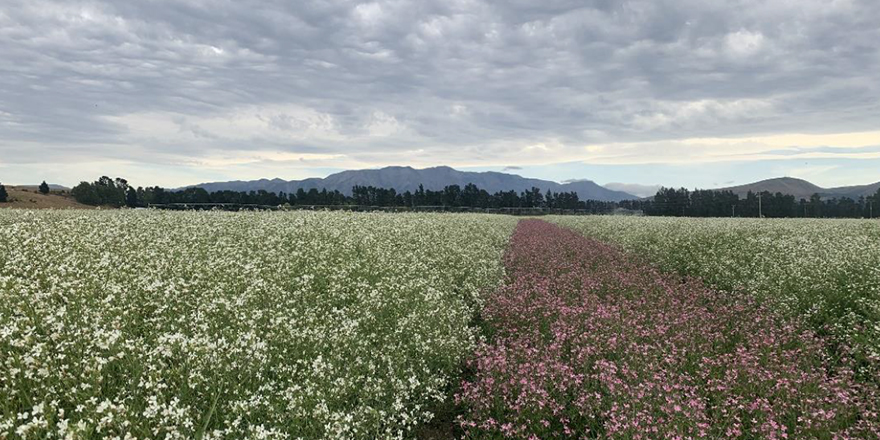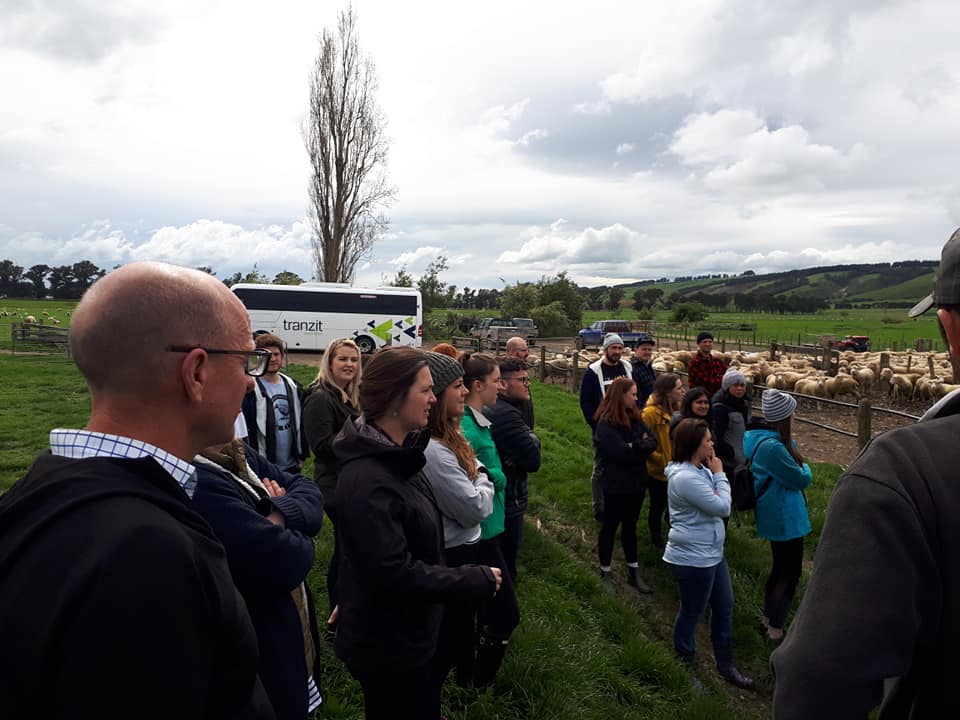Executive summary
This report was aimed at discussing and presenting the ideas surrounding the future of the co-operative business structure in rural New Zealand. This was achieved through a review of relevant literature and surveying key co-operative members and employees to gather their opinions on how they saw the co-operative structures relevance today and in the future.
A brief summation of four key rural co-operatives was expanded upon throughout to build a picture of why these entities operated the way they do. The author found that all co-operatives researched had very clear business values and a simple vision. All surveyed were of the opinion that these values and visions were critical in the discussion of relevance both today and in the future and that any move away from these could lead to the demise of the business structure.
The grassroots and highly visible nature of the New Zealand farmer lends itself to the co- operative structure nicely. Farmers in New Zealand make up a very small percentage of the population but are responsible for the delivery of a large proportion of export revenues. The collaborative approach of co-operatives enables the New Zealand farmer to be represented to the wider public without fear of standing alone. As such it is the opinion of the author that the co- operative business structure in rural New Zealand remains as relevant today as it was when the first rural NZ co-operatives formed in the 1800s.
Alex Murray



